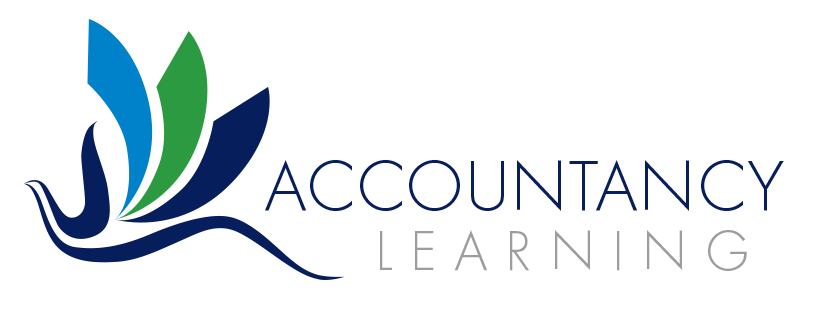Here’s a question for AAT Level 4 (Professional Stage) Students:
“Is a revaluation gain included in the P&L to the extent that an asset was previously impaired, with any further gain being recognised in the revaluation reserve?”
(27 words)
Answer 1. Yes
(1 word)
Answer 2
(324 words!)
The reason is that:
- Because the previous impairment was written off Reserves, any increase in value, up-to the original cost (i.e. to the amount of the impairment) will be added back to Reserves. This will leave the financial position as it was before the impairment.
- The impairment was a reduction in realised (and therefore distributable (as dividends)) reserves
- The increase up to cost, is therefore an increase in realised reserves
- Any increase in value beyond this (i.e. above original cost) will be transferred to the Revaluation Reserve (unrealised and un-distributable)
Watch out in the office though as the position under FRS102 can be different for Investment Properties where the revaluation goes straight to Revenue Reserves. (Mind you, they are still not distributable and so you need to keep a separate note to know what can be paid out as dividends and what can’t be).
However, don’t worry about this as it is beyond the current AAT syllabus. They will need to tackle FRS102 next September probably. For more information on FRS102, click here.
With reference to my first point above, it is a little akin to the treatment of Capital Allowances and Capital Gains Tax.
Buying Plant and Equipment
When you buy plant and equipment you will claim initial investment allowances (capital allowances). This will reduce the written down value of the assets for tax purposes by the amount of the capital allowances.
If you subsequently sell the assets:
- For less than the WDV (Written Down Value), you claim a Balancing Allowance
- For more than the WDV (Written Down Value), you pay a Balancing Charge
However the Balancing Charge is limited to the amount of Capital Allowances that you have claimed.
The maximum Balancing Charge is = Cost – WDV
If you sell the asset for more than Cost, then the excess over Cost is subject to Capital Gains Tax
As with the valuation example, you need to be aware of the original cost and therefore need to keep sufficient records to evidence this.
If you have any further questions on this, please email [email protected]
We hope that these study tips have helped you! Whilst we are not able to respond to any specific questions you might have about our posts, do please let us know if there are any further topics you would like us to write about. If, however, you are one of our tutor supported students, please get in touch with your personal tutor who will be more than happy to help you.




